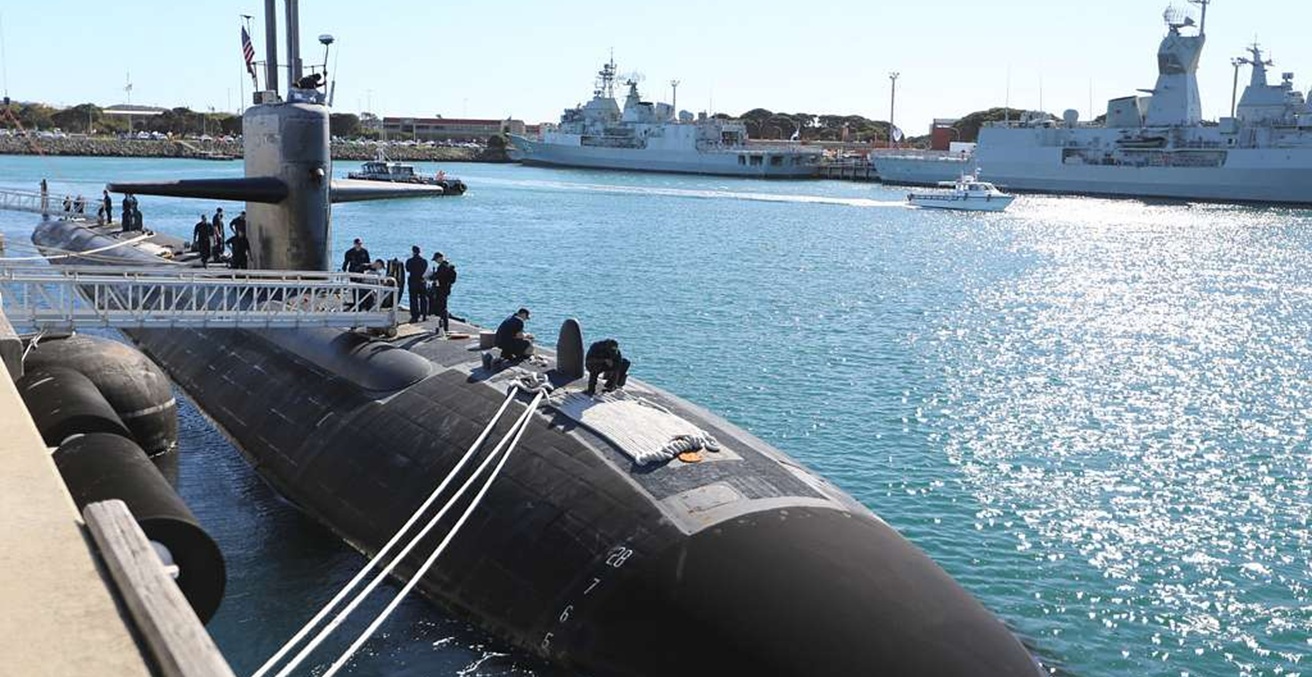Good governance principles associated with democracy and liberalism are facing significant challenges in Southeast Asia, especially given the rise of right-wing populist movements.
Recent political changes in Southeast Asia herald the rise of radical right-wing dominance in Southeast Asian polities. Particular examples are in Indonesia, the Philippines and Thailand.
The appointment of controversial lieutenant General Prabowo to Jokowi’s Ministry seems to reinforce a growing authoritarian drift in Indonesian politics. Indeed, Jokowi’s presidency has seen a number of illiberal trends – the use of legislative means to criminalise political opposition; the passing of socially conservative legislation; the increasing role of security agencies in political process; the growth of paramilitaries linked to right-wing parties; and the gutting of oversight institutions. In the Philippines, the election of President Duterte has led to a spate of extrajudicial killings, the intimidation of political opponents and journalists and the stacking of courts such as the Supreme Court of the Philippines. In Thailand, despite an attempt by the Junta to provide some form of legitimacy to its rule via its recent election, there has been only an intensification of the Junta’s authoritarian rule.
Such changes signal the end of the “long 1990s” and the project of technocratic governance. The “long 90s” covers the broad period in which the Washington consensus and neoliberal policies were established, the founding of the WTO, the collapse of the Soviet Union and the push towards democratisation in Southeast Asia.
In the long 90s, democratisation in Southeast Asia was always conditional. The authoritarian right was a part of the political institutions of Southeast Asia, particularly through various security apparatuses During this period, forms of political space and the prospects of democratisation were contingent on the defeat and repression of left and radical forces during the turbulent period of the late 60s and 70s. The political opposition that emerged during this period occurred in a political context in which the middle class was supportive of the expansion of civil society and their representation within political institutions. But this was always a gradual political transformation rather than a social revolution. It was aimed at containing conflict by corralling democratic institutions towards technocratic governance.
Democratic institutions in such an environment are seen in terms of their capacity to provide transparent and efficient governance. Such forms of accountability served an important political purpose, namely, to incorporate and contain the contestation of various social forces − particularly the middle-class and other groups − through institutions. These included implementing measures such as anti-corruption programs and promoting policy making through the judiciary and through consultation.
These technocratic forms of governance are now being challenged. The particular models of democratic contestation and engagement that emerged in Asia during the “long 90s,” have lost support. In particular, the middle class that once supported technocratic governance is now growing dissatisfied even with the delivery of basic services. This middle-class dissatisfaction has been harnessed by radical right political forces in Indonesia.
A feature of Duterte’s election was the articulation of a populist program that challenged the credentials of this governance project. He argued that the Philippines’ attempts to purse a good governance agenda was a failure because of rampant corruption and persistent cronyism. For example, while previous Filipino President Benigno Aquino started out with reform credentials, his agenda was beset by allegations of pork barrelling, particularly through the use of the Priority Development Assistance Fund (PDAF). This fund was misused to provide benefits for lawmakers in return for their support for legislation and other initiatives. Such corruption underlined one of the central challenges faced by political regimes attempting to implement good governance principles since the 1990s. There are inherent contradictions between the good governance project in a political economy dependent on the ability of powerful business groups to access particular political and legislative favours. In Indonesia, the recent attacks on the anti-corruption agency – the KPK – is emblematic of the political crisis faced by the good governance agenda.
Middle class dissatisfaction with the governance project has been harnessed by the political forces of the radical right. The rise of this radical right witnesses a return to Cold War era ideology: themes such as authoritarianism, security, and stability, but which are now unmoored from the Cold War program of authoritarian developmentalism. It is a new radical right which mobilises through civil society and operates within electoral frameworks. The radical right-wing movements are linked to programs of market reforms, neoliberalism and the entrenchment of powerful, politically connected business groups. It is this triangle of authoritarianism, neoliberalism and illiberal communities of faith, ethnicity or nation that is providing the basis for powerful radical right-wing forces.
These illiberal politics seek to cleanse the state of “liberal institutions” in favour of religious, ethnic, or national communities. This prevents the building of cross-class coalitions which would work towards the intensification of market reform. At its core is the emergence of civil society forces dominated by the radical right, such as the Islamic-influenced militias in Indonesia, extrajudicial killings carried out by unofficial militias in the Philippines, or the Yellow Shirts in Thailand. These are linked to state institutions such as the police and military who often operate with relative impunity.
Kanishka Jayasuriya is a Professor of Politics and International Studies at Murdoch University, Western Australia. His Twitter handle is @fafner100
This article is published under a Creative Commons Licence and may be republished with attribution.




